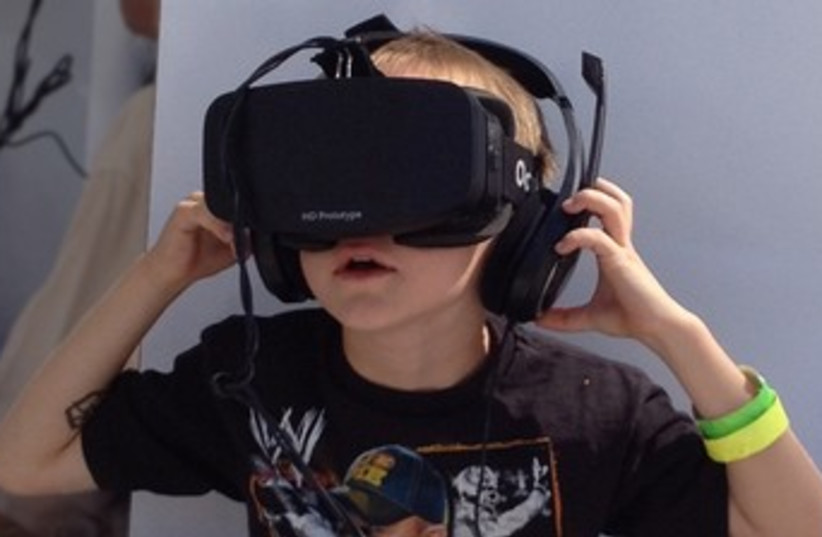A new acoustic archery game will allow blind people to experience virtual reality technology for the first time.
Researchers at the IIT-Istituto Italiano di Tecnologia (Italian Institute of Technology) developed the platform, which may be used in the future to rehabilitate blind people’s orientation skills and provide them with independence, like Braille does for reading and writing.
The technology was showcased at the 43rd annual international conference of the IEEE Engineering and Biology Society (EMBC), and the research results were published in the peer-reviewed Frontiers in Human Neuroscience last November.
Dr. Monica Gori, who coordinates the Unit for Visually Impaired People at ITT said the research is a closer step to understanding how space and body combine to create the sense of space.

“The ability to orient in space is obviously linked to vision, but the mechanisms by which this happens and the strategies used by the human brain to cope with vision loss are still unclear,” she said.
Gori also noted that the belief that blind people have above average hearing is a myth. The researchers demonstrated that congenitally blind people struggle at coordinating head and trunk to reorient towards new targets, yet the main information source they rely on is the body, such as motor cues, rather than sounds in the environment.
Davide Esposito, developer of the archery game and member of the UVIP Lab, expressed hope that the platform will provide blind people with an enjoyable experience.
“Scientific purpose of the game aside, giving blind people the chance to try virtual reality was fulfilling,” he said. “Many of our participants were having a lot of fun while doing the experiment, and wanted to keep playing even after the experiment ended.”
